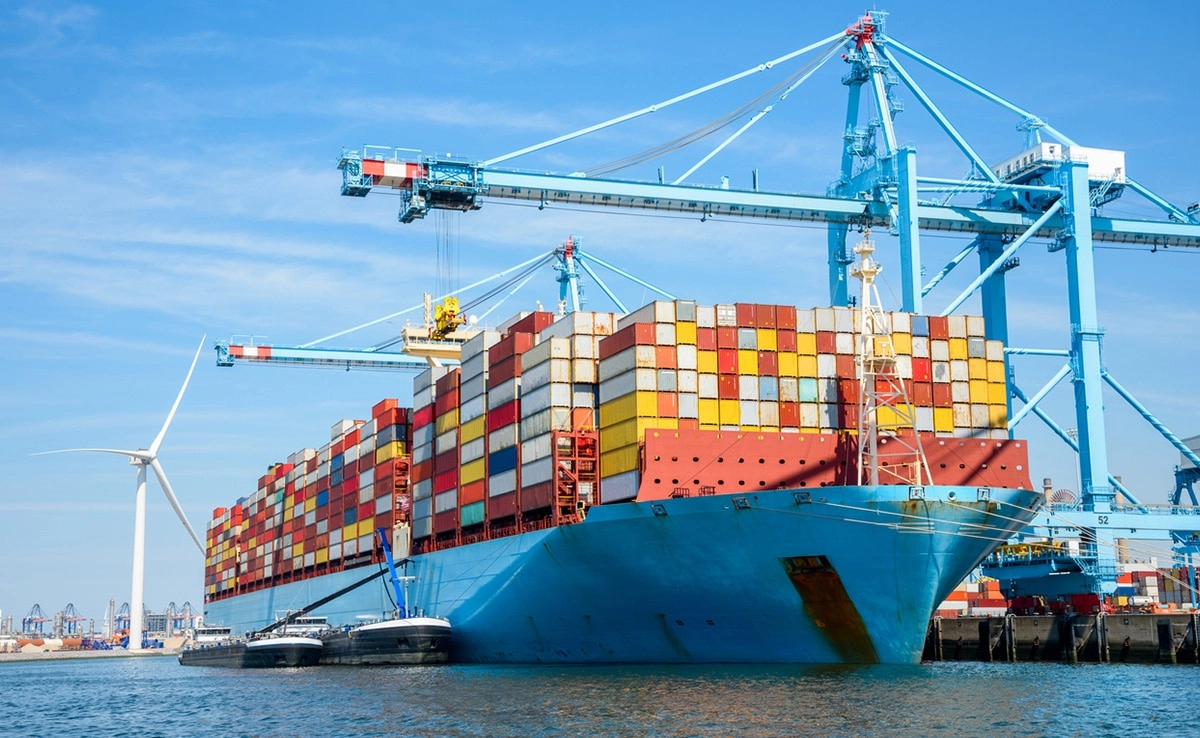Elon Musk, the CEO of X (formerly known as Twitter), has recently come under scrutiny for his stance on a French foreign interference investigation. Musk described the probe as “politically motivated,” asserting that it lacks genuine grounding in fact and is instead driven by political agendas. His comments reflect a broader sentiment among some tech leaders who are increasingly wary of governmental oversight and intervention in their operations. The investigation, which seeks to examine potential foreign influence on political discourse within France, has raised alarms among various stakeholders, especially regarding the implications for free speech and the autonomy of social media platforms.
Musk’s refusal to cooperate with the investigation has sparked significant debate. He argues that transparency and accountability should be reciprocal, suggesting that government entities must also be held accountable for their actions. By resisting the probe, Musk is positioning himself as a defender of free speech, claiming that the intentions behind the investigation may threaten the very principles of open dialogue that social media platforms were designed to promote. This defiance has drawn both criticism and support from different factions, with some praising his commitment to free expression while others argue that cooperation with investigations is vital for ensuring the integrity of public discourse.
Moreover, Musk’s comments highlight a growing tension between tech companies and regulatory bodies across the globe. As governments grapple with the challenges posed by social media in shaping public opinion, figures like Musk are increasingly vocal about their opposition to what they perceive as overreach. This ongoing conflict raises important questions about the responsibilities of social media platforms in moderating content and the extent to which they should comply with government inquiries. The situation serves as a reminder of the complex dynamics at play in the intersection of technology, politics, and society, where the quest for accountability can sometimes clash with the ideals of freedom and self-regulation.
In the broader context, Musk’s stance may resonate with many who view the investigation as an infringement on the independence of social media companies. As the debate continues, it remains to be seen how this conflict will unfold and what implications it may have for regulatory practices in the tech industry. The outcome may influence not only Musk’s operations but also set a precedent for how social media platforms engage with governmental oversight in the future. Whether Musk’s resistance will pave the way for greater autonomy in tech or provoke stricter regulations is a narrative that will undoubtedly evolve in the coming months.




